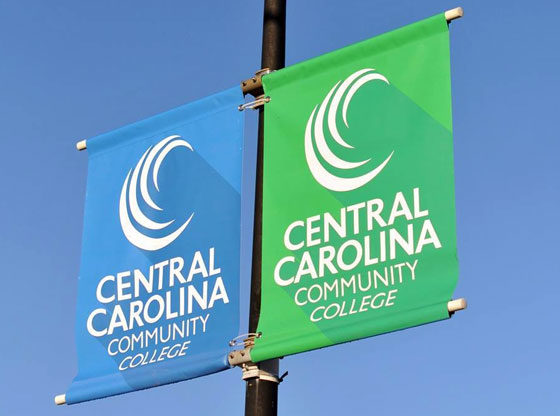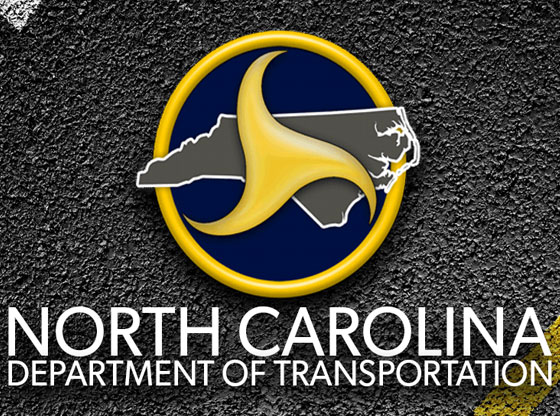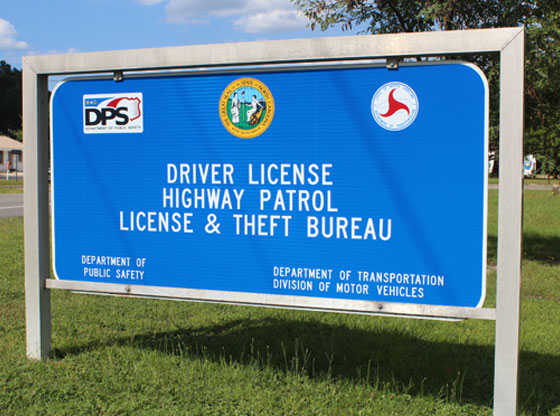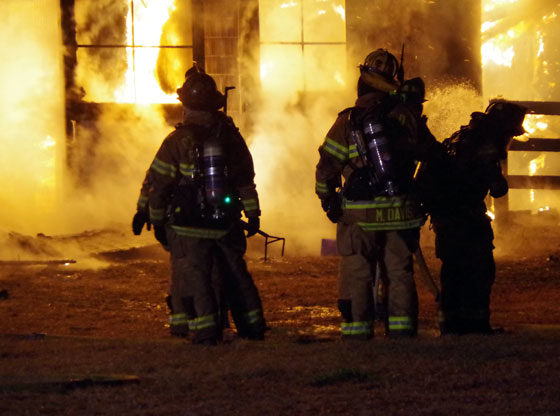RALEIGH, N.C. (AP) — New rules for elections, political parties, opioid prescribers, new drivers, and medicaid are among roughly 20 state laws taking effect in 2018.
Here’s a rundown.
Trial and appellate court elections are supposed to be officially partisan races again. But judicial primaries for this year are canceled right now while debate among Republicans continues over judicial redistricting and whether to replace head-to-head elections.
Meanwhile, thresholds for a new political party or an unaffiliated candidate to get on a ballot are now lower. In the past, a political party had to collect signatures equal to 2 percent of the number of voters in the most recent general election. Now, it’s only 0.25 percent.
A drug abuse prevention law also now limits how many opioids a doctor can initially prescribe a patient. Doctors and medical practitioners can only prescribe five days of opioids after an initial visit for acute injuries and seven days for surgery pain. The law allows for exceptions and patients can get refills at a follow-up visit.
Another law addressing recent violent encounters between motorists and police directs the Division of Motor Vehicles to put information about traffic stops and a driver’s appropriate response to them in the state driver’s license handbook.
The General Assembly requires new drivers be taught what to expect during a traffic stop and what is considered an appropriate response. The law required the information be taught during driver’s education classes, the state Division of Motor Vehicles said.
Also, North Carolina’s Medicaid agency now must review information on recipients quarterly to determine whether circumstances – such as income, employment or lottery winnings – could make them ineligible for coverage.
Copyright 2017 The Associated Press. All rights reserved. This material may not be published, broadcast, rewritten or redistributed.
















